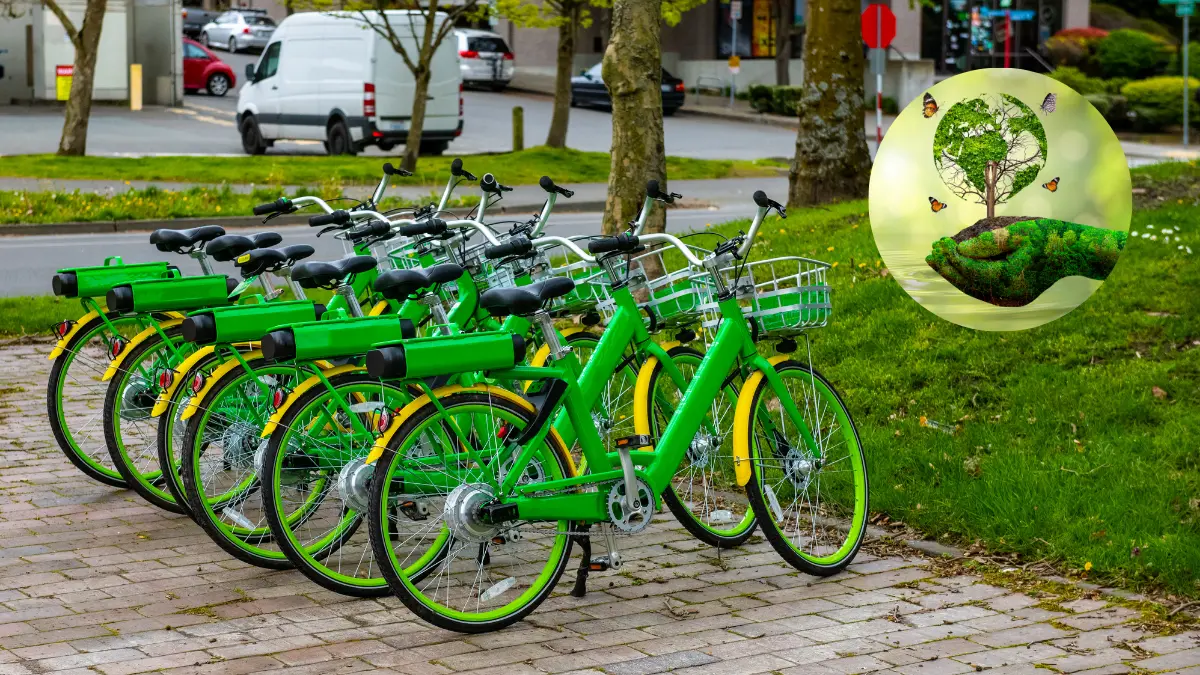Electric Utility Bicycles: Paving the Way for Sustainable Urban Mobility
In recent years, the global conversation surrounding urban mobility has intensified, particularly regarding its environmental implications. As cities expand and traffic congestion becomes a daily struggle, the need for sustainable alternatives has never been more pressing. Among the myriad solutions being explored, electric utility bicycles (e-bikes) stand out as a promising option that not only addresses urban mobility challenges but also fosters a greener and healthier future.
The Need for Sustainable Urban Mobility
Sustainable urban mobility encompasses more than just reducing emissions; it involves creating efficient, accessible, and inclusive transportation systems that prioritize environmental stewardship. The rapid urbanization of cities worldwide has led to increased pollution, traffic congestion, and a decline in the quality of urban life. As such, innovative solutions are required to transform urban transportation into a more sustainable model. Electric utility bicycles are emerging as a leading solution in this movement, combining functionality, convenience, and eco-friendliness.
Electric Utility Bicycles: Reshaping Urban Transportation
Electric utility bicycles have the potential to revolutionize how we navigate our cities. Equipped with electric-assist capabilities, these bicycles enable riders to cover longer distances with ease, tackle challenging terrains, and carry heavy loads without breaking a sweat. This makes them a viable alternative to traditional modes of transportation, such as cars or motorcycles, particularly for short to medium-distance commutes within urban areas.
In countries like India, a rapid surge in electric vehicle (EV) adoption is anticipated within the next 2-3 years. This growth is driven by several factors, including the increasing affordability of EVs, government-supported incentives, and a rising consumer inclination toward environmentally friendly transportation alternatives.
Promoting a Greener Future
One of the most significant advantages of electric utility bicycles is their positive environmental impact. By replacing conventional vehicles with electric bicycles, we can significantly reduce carbon emissions, noise pollution, and congestion in our cities. E-bikes run on clean energy, contributing to improved air quality and helping to create a more sustainable and livable urban environment.
The shift towards electric utility bicycles aligns with global efforts to combat climate change and promote sustainable living. As cities strive to meet their carbon reduction targets, the adoption of e-bikes can play a crucial role in achieving these goals.
Enhancing Accessibility and Health
Electric utility bicycles also have the potential to make urban transportation more accessible to a broader range of individuals. They provide an inclusive mode of travel for people of different age groups, physical abilities, and fitness levels. Unlike traditional bicycles, which may require a certain level of fitness, e-bikes allow individuals to engage in cycling without the same physical demands.
Moreover, by promoting active transportation, electric bicycles contribute to improved physical and mental health. They encourage individuals to incorporate exercise into their daily routines, leading to healthier lifestyles and reduced healthcare costs. The mental health benefits of cycling, such as stress reduction and improved mood, further underscore the importance of integrating e-bikes into urban mobility strategies.
Challenges and Opportunities
While the adoption of electric utility bicycles in urban environments is gaining momentum, several challenges remain. Infrastructure development is a significant hurdle; cities need to invest in dedicated bike lanes, secure parking facilities, and charging stations to support e-bike usage. Ensuring safety for riders is another critical concern, as the integration of bicycles into existing traffic systems can pose risks.
However, these challenges present opportunities for collaboration among policymakers, urban planners, and bike manufacturers. By working together, stakeholders can create a supportive ecosystem for electric bicycles, fostering a culture of biking that prioritizes safety and accessibility.
Economic Benefits of Electric Utility Bicycles
In addition to their environmental advantages, electric utility bicycles offer substantial economic benefits. Their lower operating and maintenance costs compared to traditional vehicles make them a cost-effective option for individuals and businesses alike. By promoting the use of electric bicycles, we can contribute to economic growth, job creation, and reduced dependence on fossil fuels.
Investing in e-bike infrastructure can also stimulate local economies by attracting businesses that cater to cyclists, such as repair shops, rental services, and cafes. As cities embrace electric utility bicycles, they can create vibrant communities that prioritize sustainable transportation.
Conclusion: Pedaling Towards a Greener Future
As we look toward the future, it is essential to embrace sustainable solutions that can transform our cities and promote a greener way of life. Electric utility bicycles have emerged as a game-changer in sustainable urban mobility, offering a practical and eco-friendly mode of transportation.
By encouraging their adoption, investing in infrastructure, and fostering a culture of biking, we can create cities that are not only efficient and connected but also sustainable and livable for generations to come. Let us pedal towards a greener future 🌳, one electric utility bike ride at a time. 🚲

